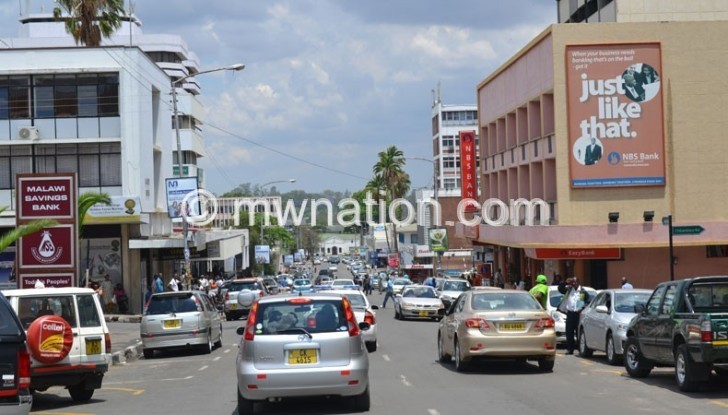Public, private sector credit gap under scrutiny
Chancellor College economics professor Ben Kaluwa has warned authorities to maintain recent momentum by safeguarding and strengthening gains in the economy by avoiding unnecessary and excess borrowing ahead of elections and crowding out the private borrower.
The warning comes in light of recent Reserve Bank of Malawi (RBM) figures contained in the November 2018 economic review report showing a wide spread between banking system’s net credit to the public sector (government and statutory bodies) and private sector.

According to the central bank, credit to the public sector under the review period edged up by K685.1 billion as at end November 2018 from K613.2 billion and K489.8 billion in October 2018 and November 2017, respectively.
On the other hand, credit to the private sector, also rose but at a relatively lower rate with figures showing a K1.5 billion increase to K466.2 billion in the review period.
In an interview with Business News on Thursday, Kaluwa said government needs to borrow responsibly to avoid triggering a wide gap which may see crowd out private borrowers.
He noted that as the country approaches the election, government seems to care less about borrowing because they may have an agenda that they want to push before elections.
Said Kaluwa: “In order make a comeback, government tends to spend more regardless of the cost of borrowing. Government would still want to borrow to advance their agenda and that is where the mismatch between private and public sector credit comes in.
“Other than that commercial banks also tend to be happy to lend anything to government at the present rate as it is attractive and knowing that government is risk free compared to private sector,” he said.
Kaluwa while pointing out that borrowing itself is not a bad thing noted that government is borrowing for other purposes not in line with developing the country.
“If government borrows to finance investment for example borrowing to finance building of a dam that will be used to produce electricity then that would be in order but our government is borrowing for consumption.
“Previously, we were meant to believe that government is borrowing for infrastructure development but it clearly came out to the current infrastructure developments underway are already budgeted for,” he said.
Concerns over the ballooning government borrowing from the local market have continued to mount in the recent past with calls from private sector and economists urging government to borrow responsibly on the local market or risk destabilizing the economic gains registered in the economy.
The economists argue that cost of servicing debt is already high in Malawi such that any increase in one month only is enough for government to ran on deficits in coming months which is not a good thing.
Earlier, an official from treasury in an interview with Business News backed government’s position on borrowing.
He said government has put in place policies aimed at managing the gains in the economy such that the borrowing may not affect the positives in the economy. n





